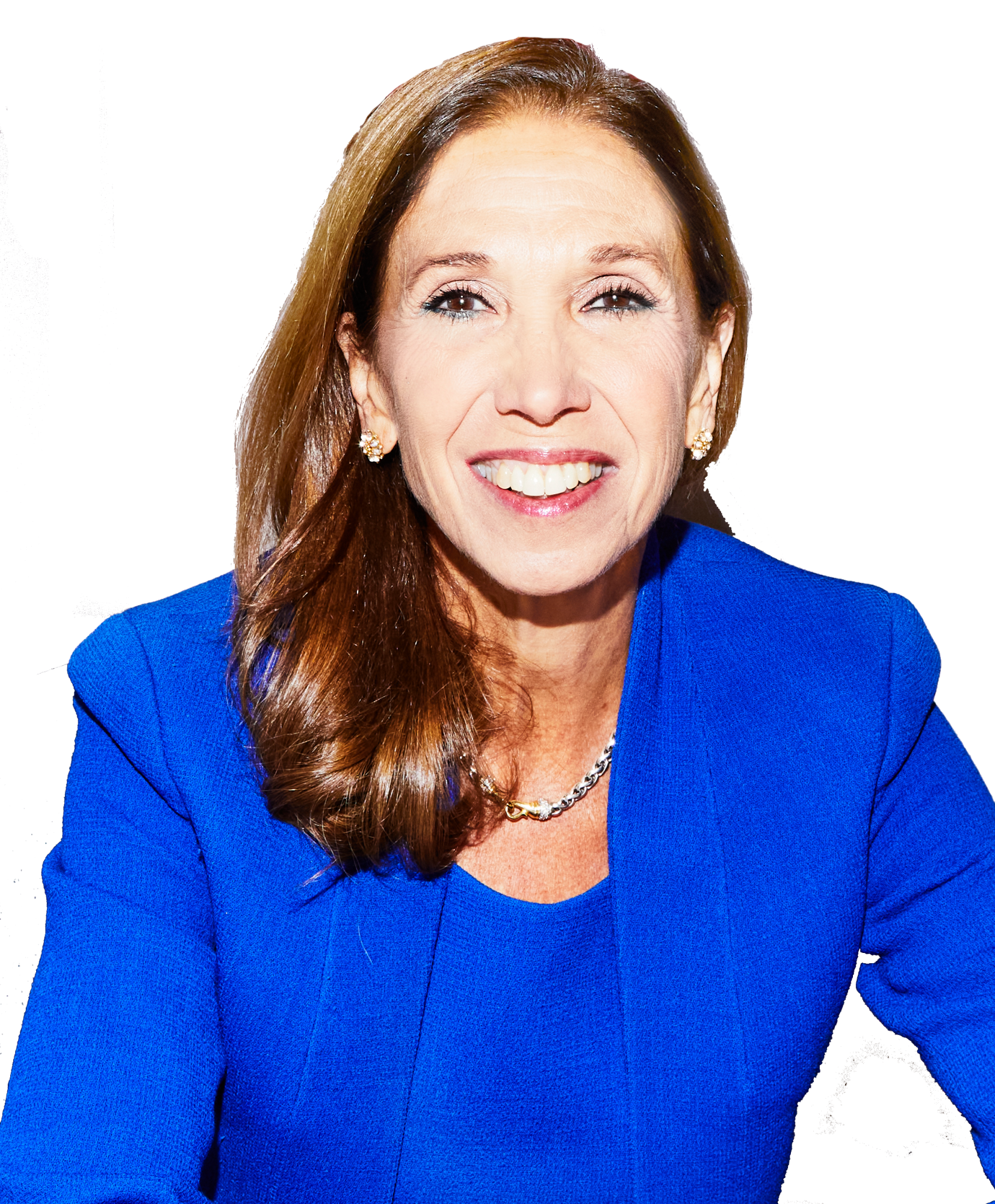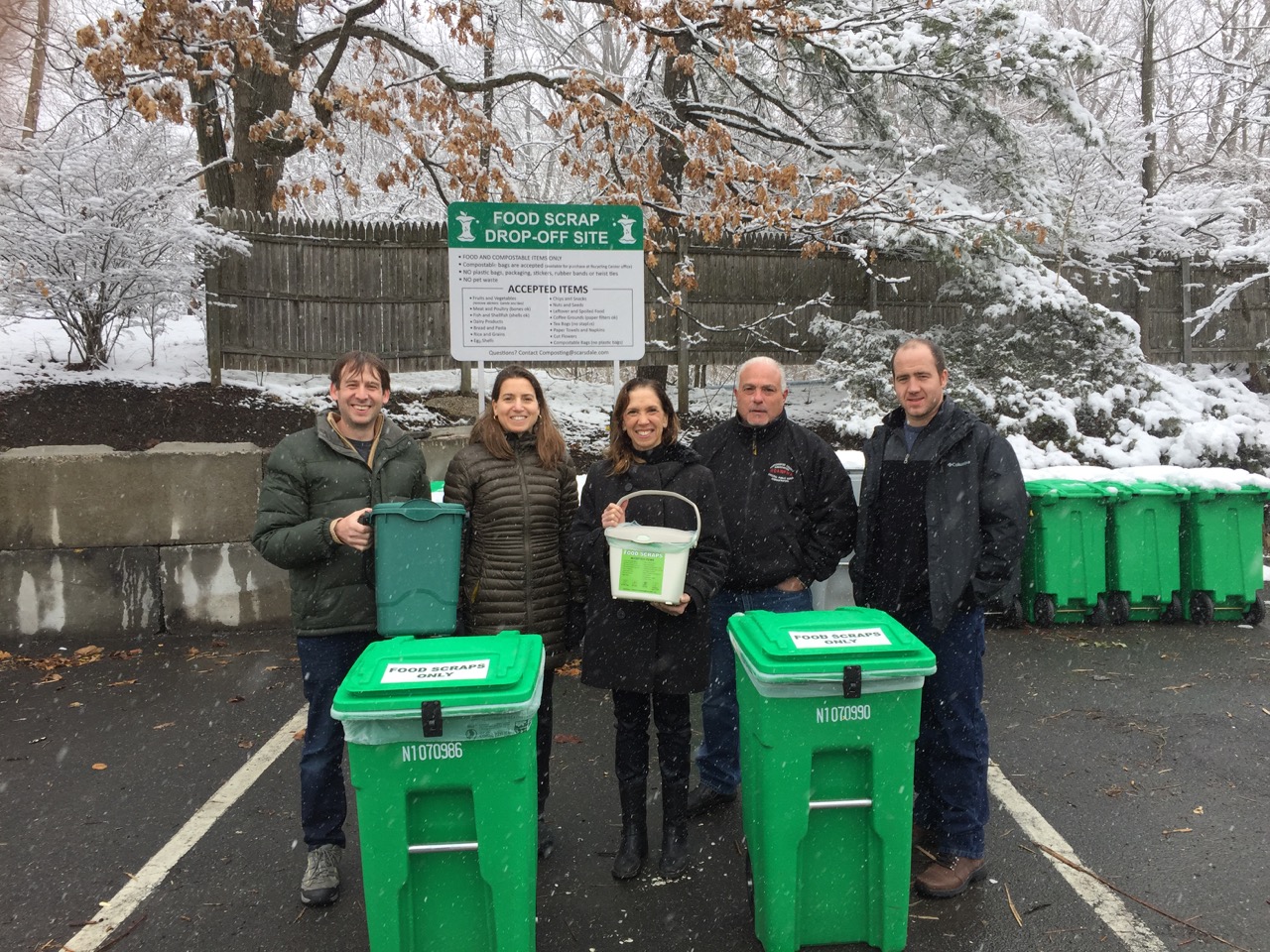Amy Paulin Celebrates New Statewide Program to Increase Donation and Recycling of Food Scraps
Albany, NY – Assemblymember Amy Paulin (D-Scarsdale) hailed a new food donation and food scraps recycling program established in the recently passed 2019-2020 state budget. Building on the success local governments and sustainability advocates have demonstrated at the local level, the program establishes a hierarchy of responsibilities and activities designed to reduce the volume of surplus food generated, recover as much edible food for human consumption as possible for food banks, and recycle unusable food scraps to feed animals or turn into compost.
“About 40% of the food produced in the United States goes uneaten, and it too often winds up in solid waste landfills,” said Assemblymember Paulin. “Local community advocates have shown us that there is a better way to reduce waste, reuse food scraps to a greater extent, and recycle through composting. This program will make clear what the responsibilities are for food scrap generators, will direct more food to hungry families throughout the state, and will increase how much we are reusing and recycling food scraps, rather than adding to landfills and increasing methane emissions.”
“The food waste recycling and donation legislation is a great step towards sustainable management of food waste in New York State,” said Michelle Sterling and Ron Schulhof, members of the Scarsdale Conservation Advisory Council who were instrumental in launching the Village Food Scraps Recycling Program. “As residents working locally to reduce and recycle food waste, we appreciate the leadership and support for local initiatives that New York State is showing in addressing this important issue.”
Assemblymember Paulin became a supporter of the legislation after hearing directly from advocates about food recycling and composting, and after witnessing firsthand the successful food scrap recycling and composting program in her hometown of Scarsdale. Launched in 2017, the Scarsdale program includes curbside pickup of food scraps by residents, and 160,000 pounds of food scraps was recycled into compost during its first year of operation.
The statewide program takes effect on January 1, 2022, and is focused on supermarkets, large food services businesses, higher education institutions, hotels, food processors, correctional facilities, and sports and entertainment venues who generate two tons or more of food scraps each week. These food scrap generators will be required to separate edible food for donation to food banks and social service programs that support the hungry to the maximum extent possible. They will be required to separate food scraps that are unfit for human consumption from their other refuse and, if they are within 25 miles of an organics recycler, make arrangements for the scraps to be recycled, whether as feed for animals, compost, or both. Beginning in 2023, they will also need to submit an annual report summarizing the amount of food donated and recycled.
“Food scrap recovery and recycling helps so many different communities in our state,” said Assemblymember Paulin. “It assists the indigent, the hungry, and the food banks that support them. It improves our environment by curbing the amount of waste in our landfills and reducing emissions of greenhouse gasses. And it creates a more sustainable approach to food and waste, to the benefit of all of us. I am proud to see New York become a leader on this issue.”

